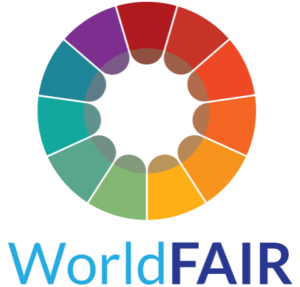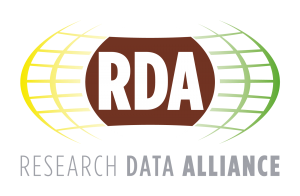 The WorldFAIR Project – The journey so far and next steps: A special double session co-located with the RDA Virtual Plenary 22.
The WorldFAIR Project – The journey so far and next steps: A special double session co-located with the RDA Virtual Plenary 22.
22 May 2024, 12:00 – 14:00 UTC,
23 May 2024, 12:00 – 14:00 UTC.
Register here (free): https://zoom.us/meeting/
This special double session co-located with the RDA Virtual Plenary 22 is designed to showcase the outputs from the WorldFAIR project, highlight how these can be used, and discuss next steps. The event is open to all and is free but registration is required.
WorldFAIR has a number of distinctive features that will be of interest to the RDA community. WorldFAIR is a two-year European Commission funded project to advance the implementation of the FAIR principles for research data. Coordinated by CODATA, with the RDA as an important partner, WorldFAIR has the distinction of being a genuinely global project and – thanks to special EC rules – has funded partners from around the world.
 The core of the WorldFAIR project are the 11 Case Studies (https://worldfair-project.eu/
The core of the WorldFAIR project are the 11 Case Studies (https://worldfair-project.eu/
The first session (22 May) will explore the outputs from these case studies and in particular the recommendations made. A selection of the Case Studies will describe their work, their experience of using FIPs (https://worldfair-
The second session (23 May) will focus on one of the key outputs of WorldFAIR: the Cross-Domain Interoperability Framework (CDIF). CDIF provides a set of guidelines and practice for using domain-agnostic standards to support the interoperability and reusability of FAIR data, especially across domain and institutional boundaries. CDIF has been developed based on input from WorldFAIR’s 11 case studies, including their FIPs, a series of dedicated meetings, and the participation of all the case studies in two successive workshops hosted at the Leibniz Foundation’s Dagstuhl Centre. Thirty invited experts have participated in drafting the CDIF guidelines, including members of many related FAIR initiatives and standards bodies, and has therefore, drawn on significant expertise both within and outside the WorldFAIR project. This session will present the key CDIF ‘modules’ which cover the most important functional areas for using data across domains: discovery, integration, controlled vocabularies and mappings, provenance and process description, temporal and spatial description, etc.
Both sessions will invite feedback and discuss activities to continuing this work beyond the lifetime of the EC funded project under the banner of WorldFAIR+.
Find out more about WorldFAIR here: https://worldfair-
Register for one or both sessions here (free): https://zoom.us/meeting/
We look forward to seeing you on 22 and 23 May!
